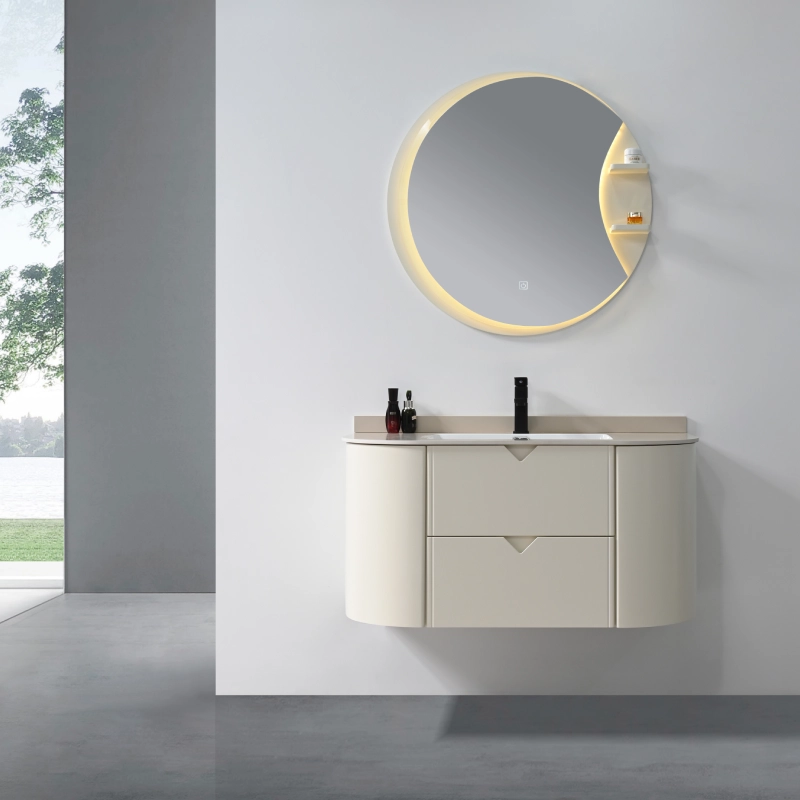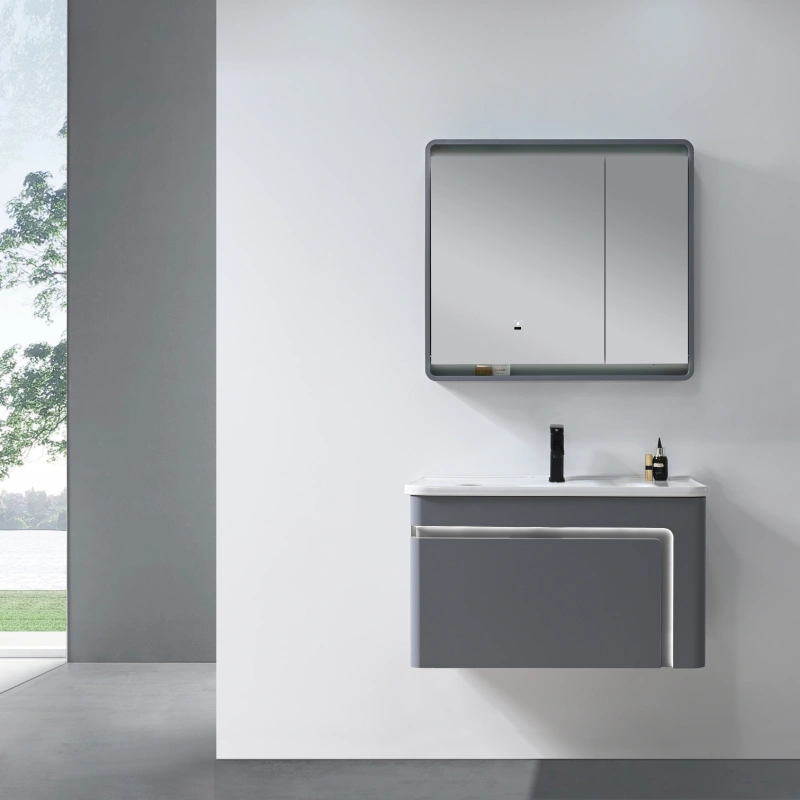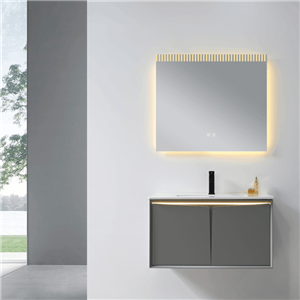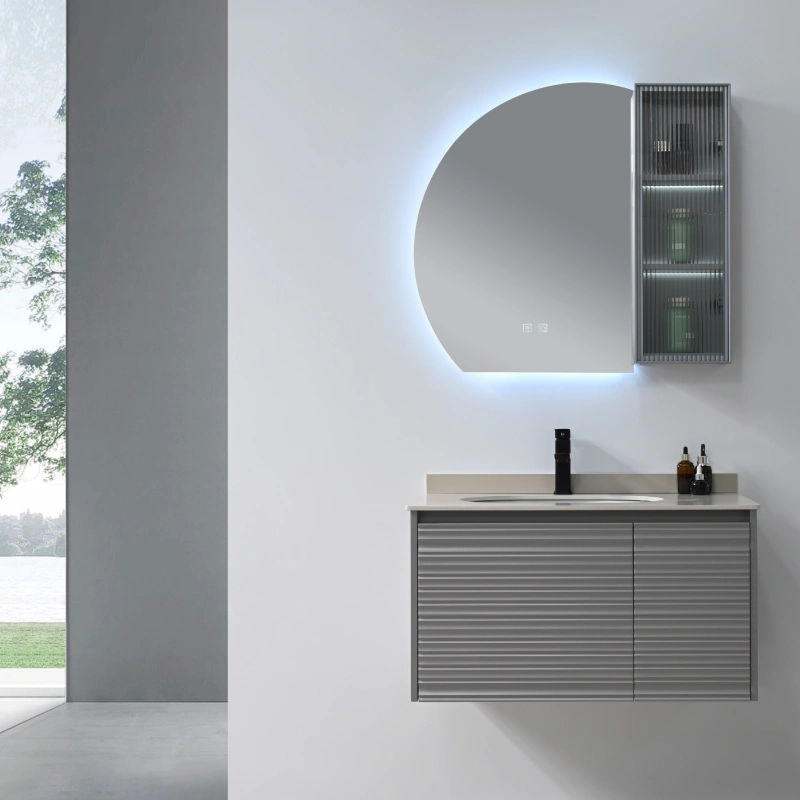How to choose best Bathroom Sink Material?
Choosing the best bathroom sink material is a pivotal decision that influences the overall functionality and aesthetic appeal of your bathroom. With a vast array of materials available, each offering unique benefits and characteristics, making an informed choice can significantly enhance your bathroom's longevity and style. This guide will delve into the various bathroom sink materials, highlighting their advantages, disadvantages, and maintenance requirements to help you select the perfect one for your needs.
Factors to Consider When Choosing a Bathroom Sink Material
1. Durability
Importance: Durability is crucial as it determines the sink's lifespan and its resistance to everyday wear and tear.
Comparison: Materials such as granite and stainless steel offer exceptional durability, whereas glass and certain natural stones may require more delicate handling.
2. Maintenance
Ease of Cleaning: Different materials have varying maintenance needs. Ceramic and porcelain are known for their easy upkeep, whereas natural stone may need regular sealing.
Long-Term Care: Consider the effort required to maintain the sink's appearance and functionality over time.
3.Aesthetic Appeal
Style Compatibility: The sink material should complement your bathroom's overall design. Modern materials like glass and stainless steel suit contemporary styles, while ceramic and natural stone are versatile across various designs.
Color and Finish Options: Materials come in different colors and finishes, allowing for customization to match your decor.
4. Cost
Budget Considerations: High-end materials like marble and custom glass can be expensive, while ceramic and porcelain offer more affordable options without compromising on style.
Value for Money: Assess the long-term value of the material in terms of durability and maintenance costs.
Popular Bathroom Sink Materials
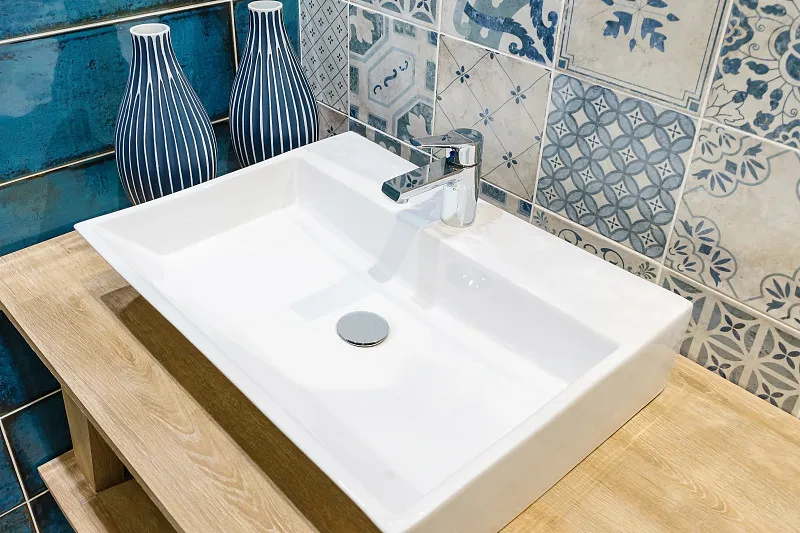
1. Ceramic
Description: Ceramic sinks are crafted from clay and hardened by heat, featuring a smooth, glossy finish. They are popular for their aesthetic versatility and cost-effectiveness.
Durability: Ceramic sinks are resistant to scratching, chipping, and impacts, making them suitable for heavy use.
Maintenance: Easy to clean with mild soap and water. They are non-porous, preventing stains and bacterial growth.
Style: Available in numerous colors and designs, ceramic sinks fit well in both traditional and contemporary bathrooms.
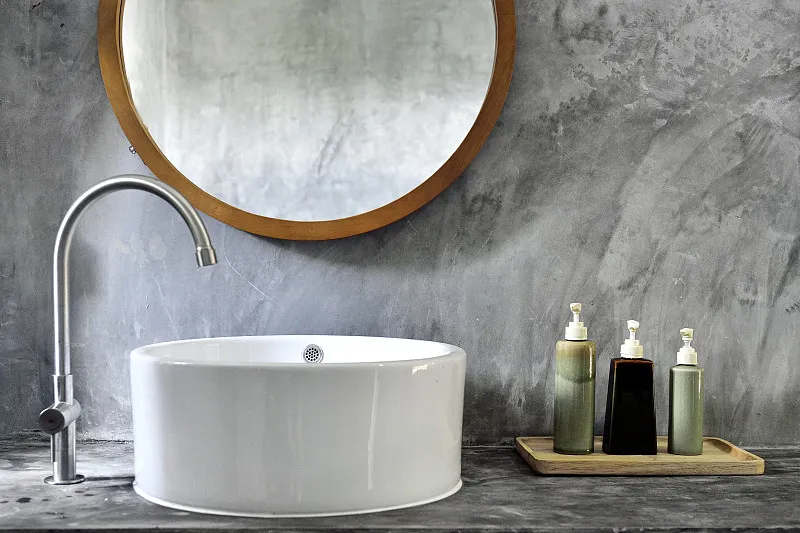
2.Porcelain
Description: Porcelain, a refined form of ceramic, is fired at higher temperatures, resulting in a denser, non-porous material.
Durability: Extremely durable and resistant to most chemicals and stains. However, it can chip if struck by heavy objects.
Maintenance: Simple cleaning with gentle soap and water. Avoid abrasive cleaners to prevent surface damage.
Style: Typically white but available in various colors, offering a classic look that suits many bathroom styles.
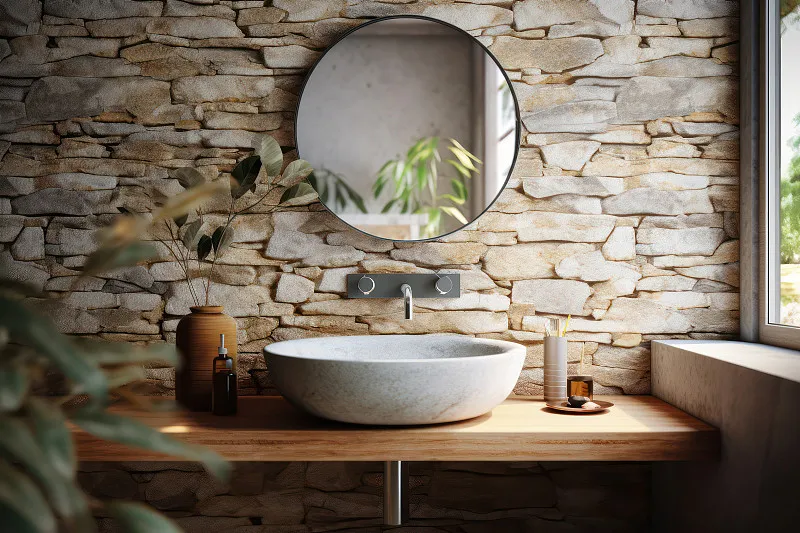
Natural Stone - Granite
Description: Granite sinks are made from solid stone, offering unique patterns due to natural mineral variations.
Durability: Highly durable, resistant to scratches, and heat.
Maintenance: Requires regular sealing to maintain its appearance and prevent staining. Clean with mild soap and water.
Style: Adds a touch of luxury and sophistication to any bathroom with various finishes available.
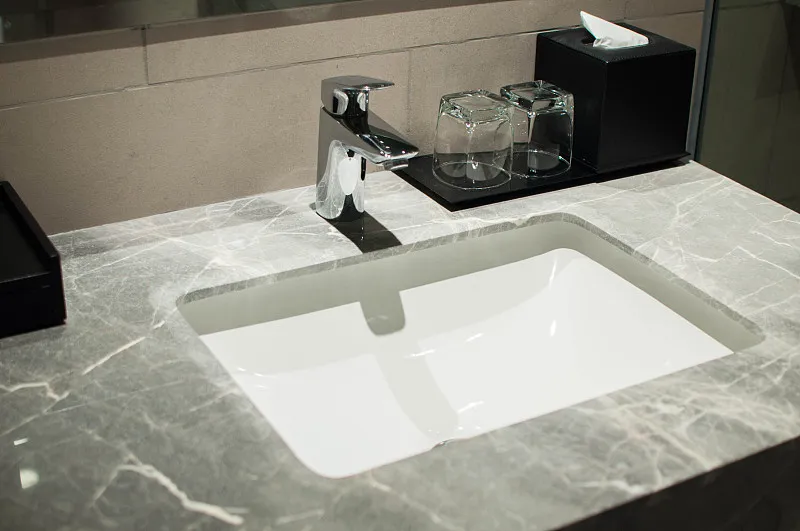
Natural Stone - Marble
Description: Marble sinks are known for their elegant veining and luxurious appeal, crafted from metamorphosed limestone.
Durability: Durable but more prone to scratching and staining than granite.
Maintenance: Requires regular sealing and gentle cleaning to preserve its beauty. Avoid acidic or abrasive cleaners.
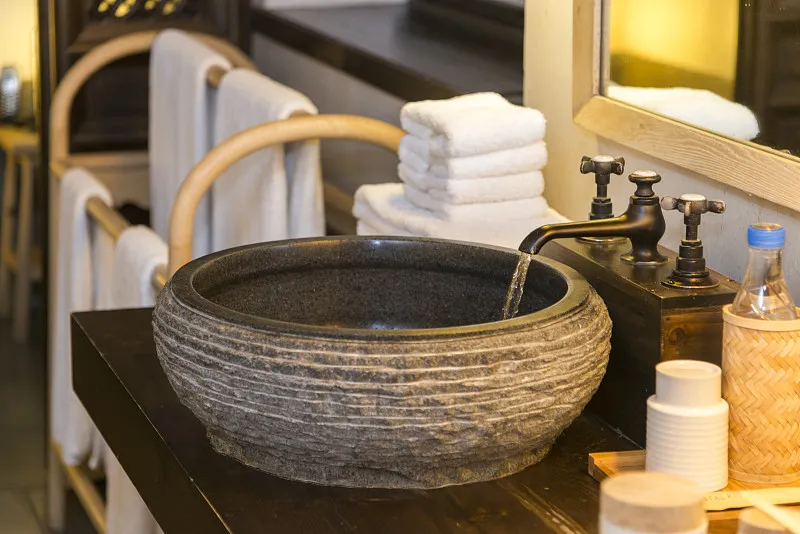
Natural Stone - Travertine
Description: Formed from calcium carbonate deposits, travertine sinks have a rustic, natural appearance.
Durability: Less dense, requiring more care to avoid damage.
Maintenance: Regular sealing and careful cleaning are essential.
Style: Perfect for adding a natural, earthy feel to your bathroom.
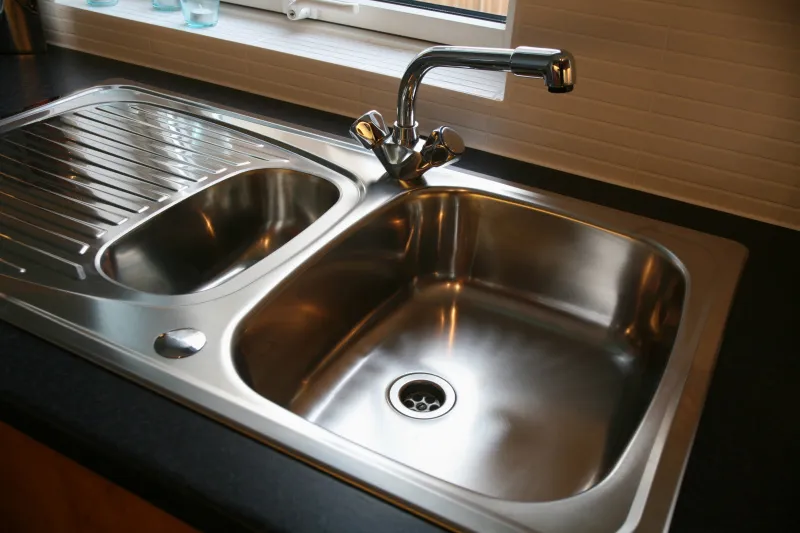
Stainless Steel
Description: Made from a steel alloy with chromium, stainless steel sinks are known for their modern look and resistance to rust.
Durability: Extremely durable, resistant to stains and heat.
Maintenance: Easy to clean with mild soap and water. Drying the sink after use helps prevent water spots.
Style: Ideal for contemporary and industrial-style bathrooms, offering a sleek and functional design.
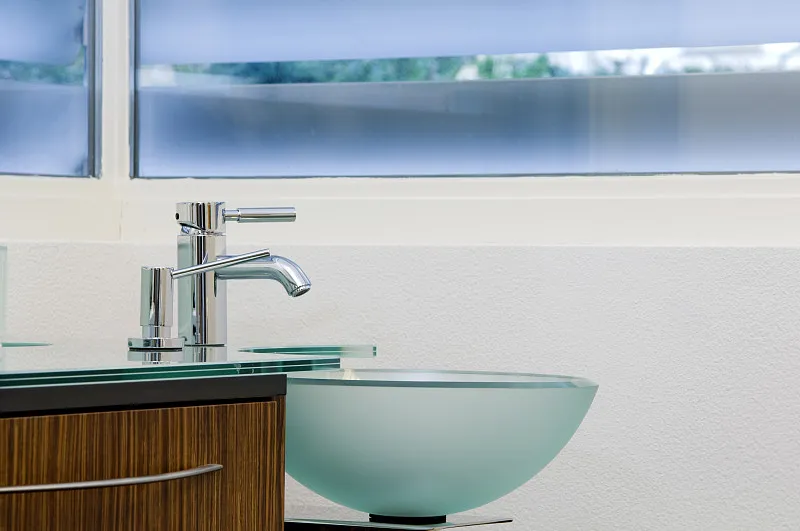
Glass
Description: Tempered glass sinks are crafted from toughened glass, making them stronger and more heat-resistant.
Durability: While durable, they can still break if struck with heavy objects.
Maintenance: Easy to clean with non-abrasive cleaners. Regular wiping can prevent water spots and keep the glass clear.
Style: Available in various colors and designs, perfect for adding a modern and artistic touch to your bathroom.
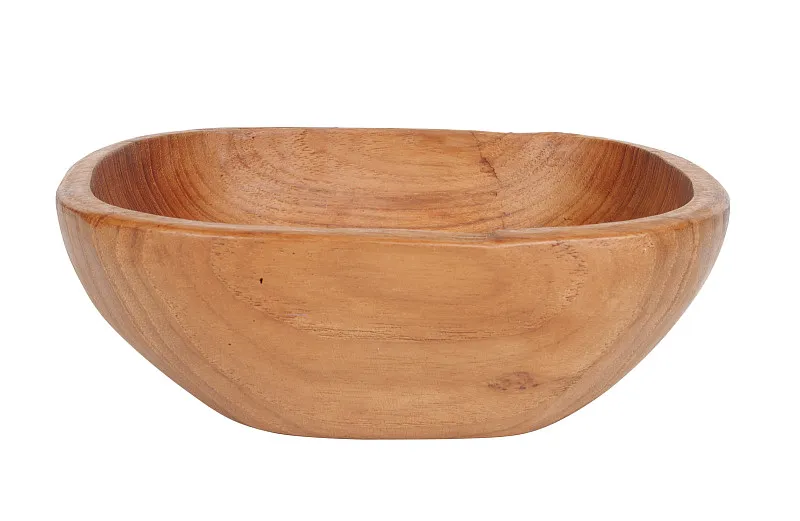
Bamboo
Description: Bamboo is a fast-growing, eco-friendly material that is incredibly durable.
Durability: Strong and resilient, but like all wood, it needs proper care to prevent damage.
Maintenance: Regular cleaning and occasional sealing are necessary.
Style: Unique and sustainable, providing a distinctive look.
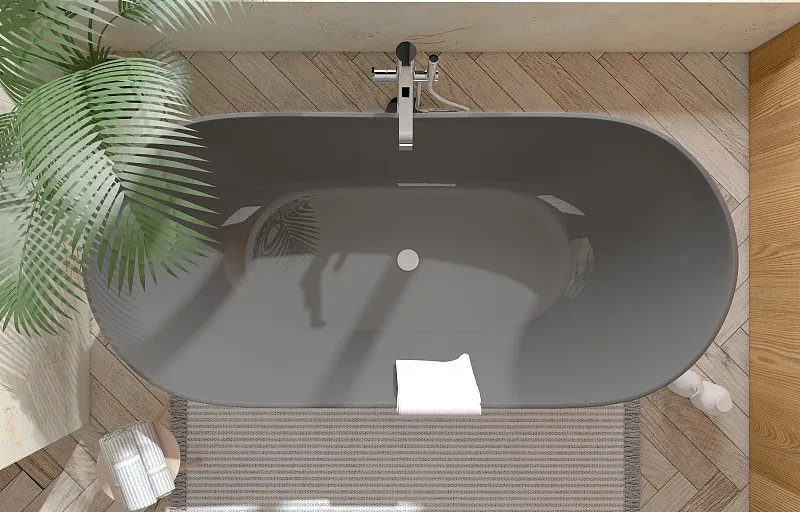
Resin
Description: Resin sinks are made from a poly-resin blend, offering a stone-like appearance and durability.
Durability: Resistant to stains, scratches, and discoloration.
Maintenance: Easy to clean with mild soap and water. Avoid abrasive cleaners.
Style: Available in unique designs and colors, resin sinks can be customized to fit any bathroom decor.
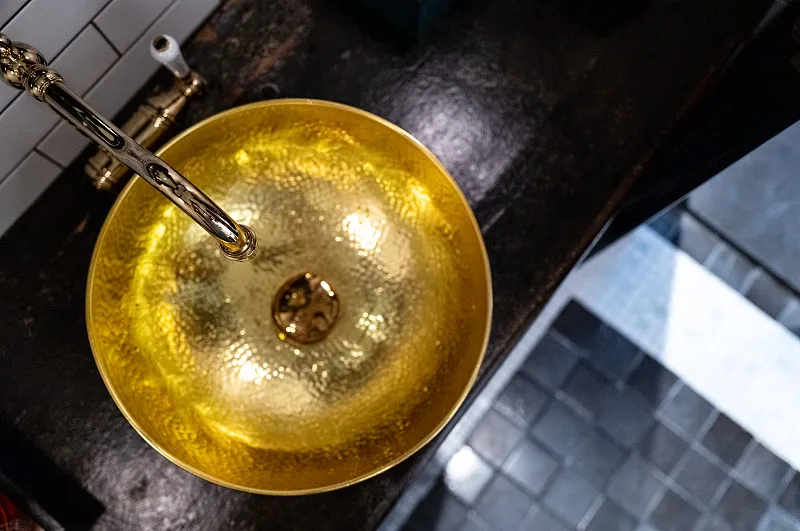
Bronze
Description: Bronze sinks offer a distinctive look that develops a unique patina over time.
Durability: Extremely durable with antimicrobial properties.
Maintenance: Requires regular cleaning to maintain its appearance. Polished bronze will need periodic polishing to retain its shine.
Choosing the best bathroom sink material involves considering various factors, including durability, maintenance, aesthetic appeal, and cost. By understanding the unique properties and benefits of each material, you can make an informed decision that enhances both the functionality and style of your bathroom.

